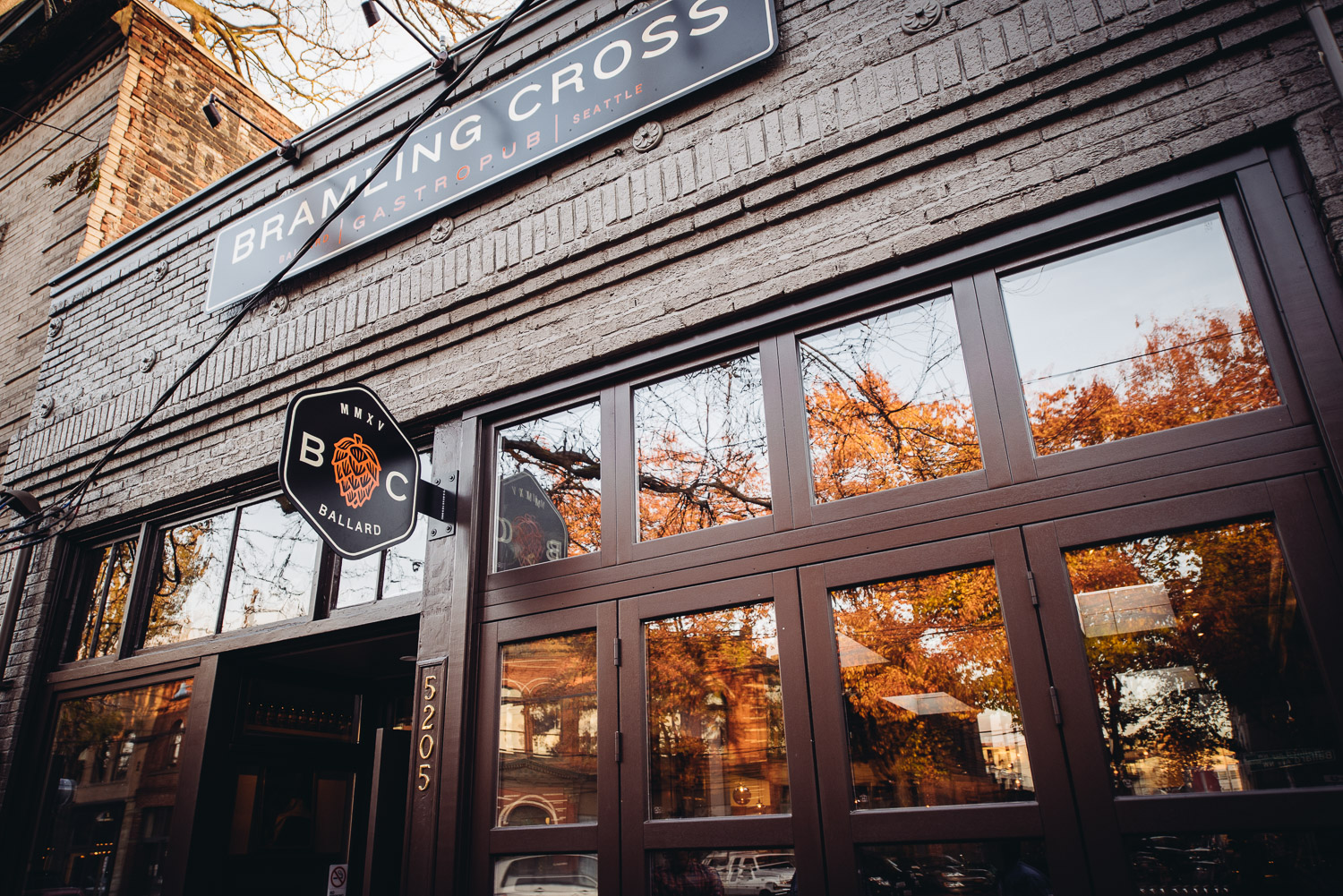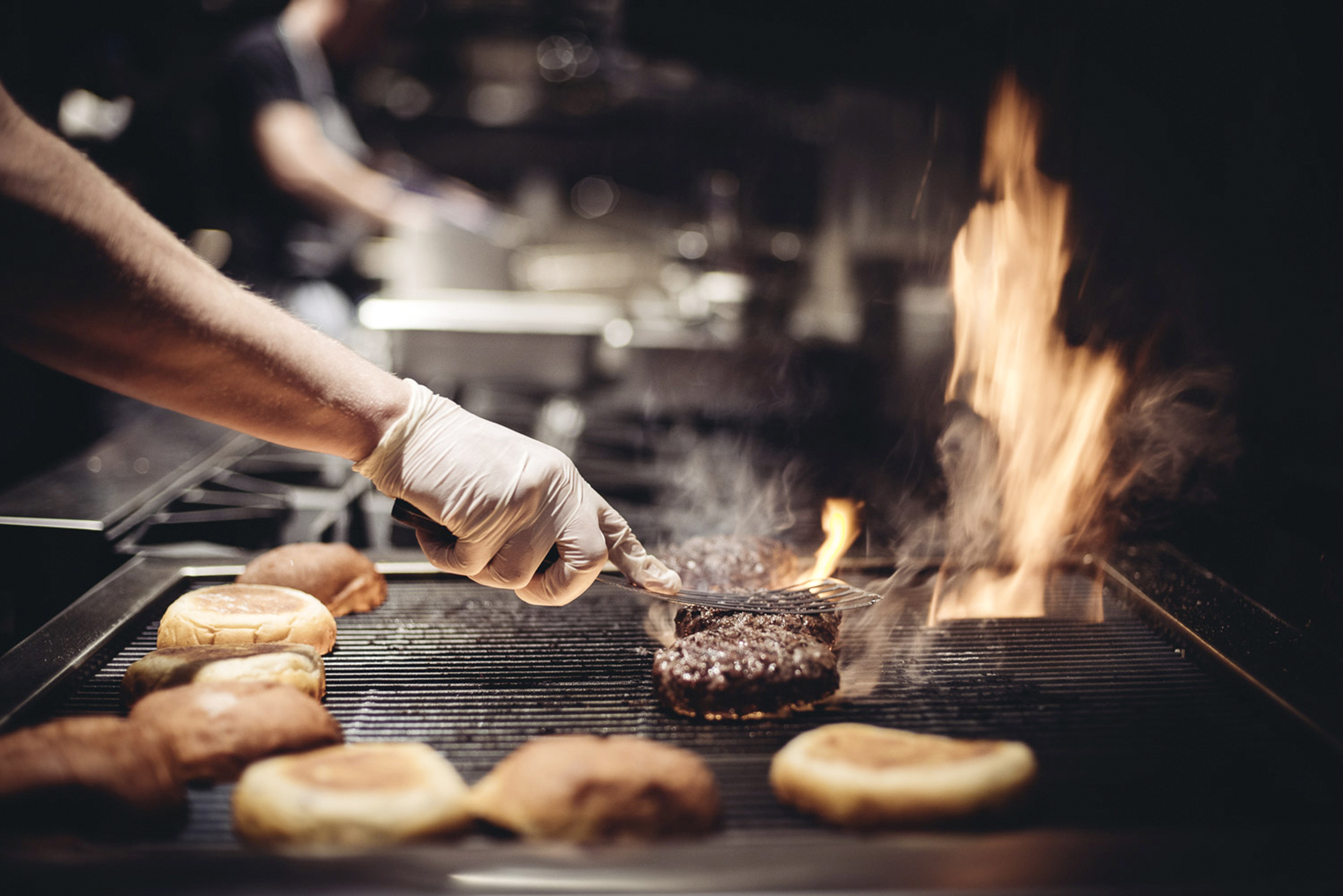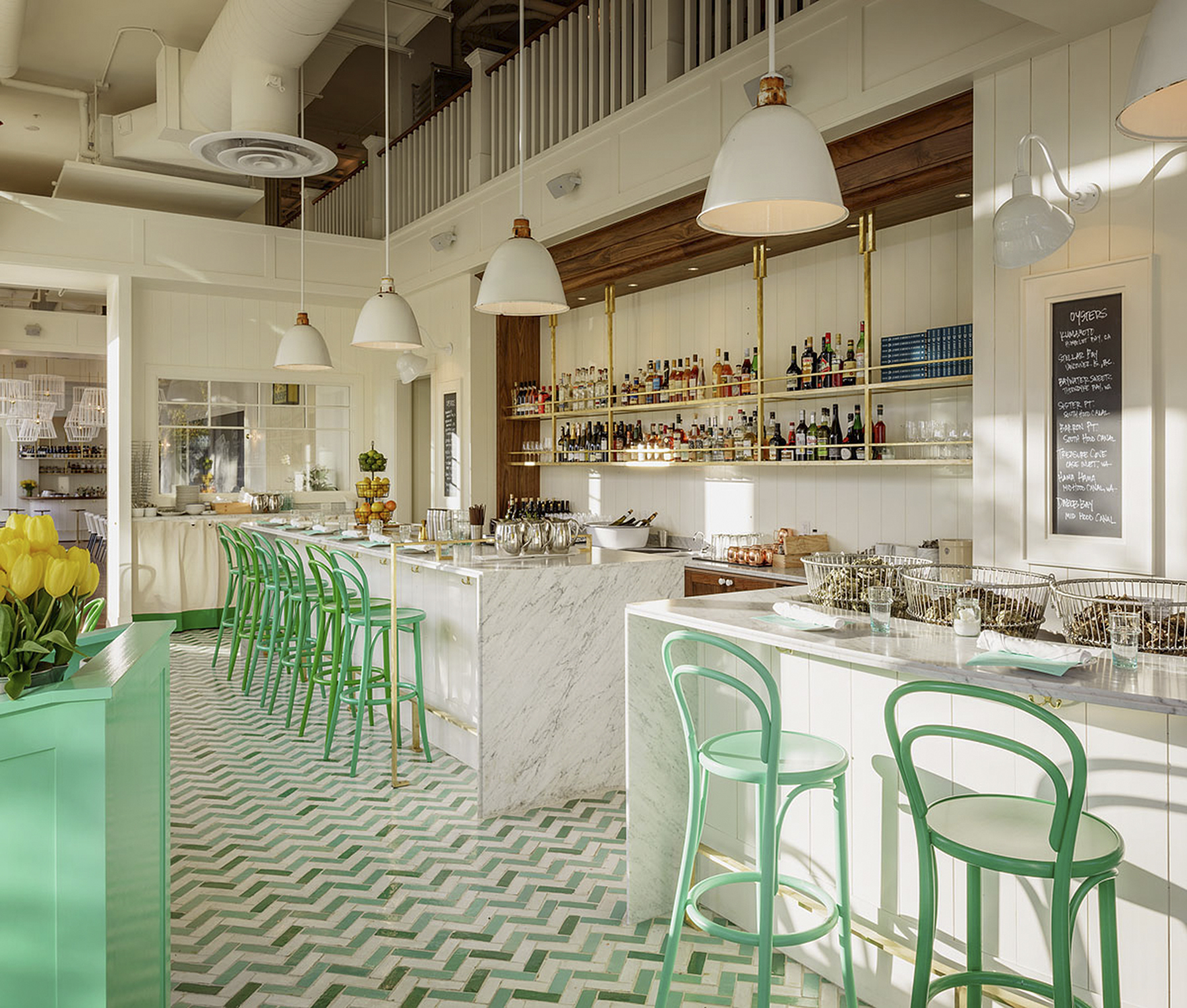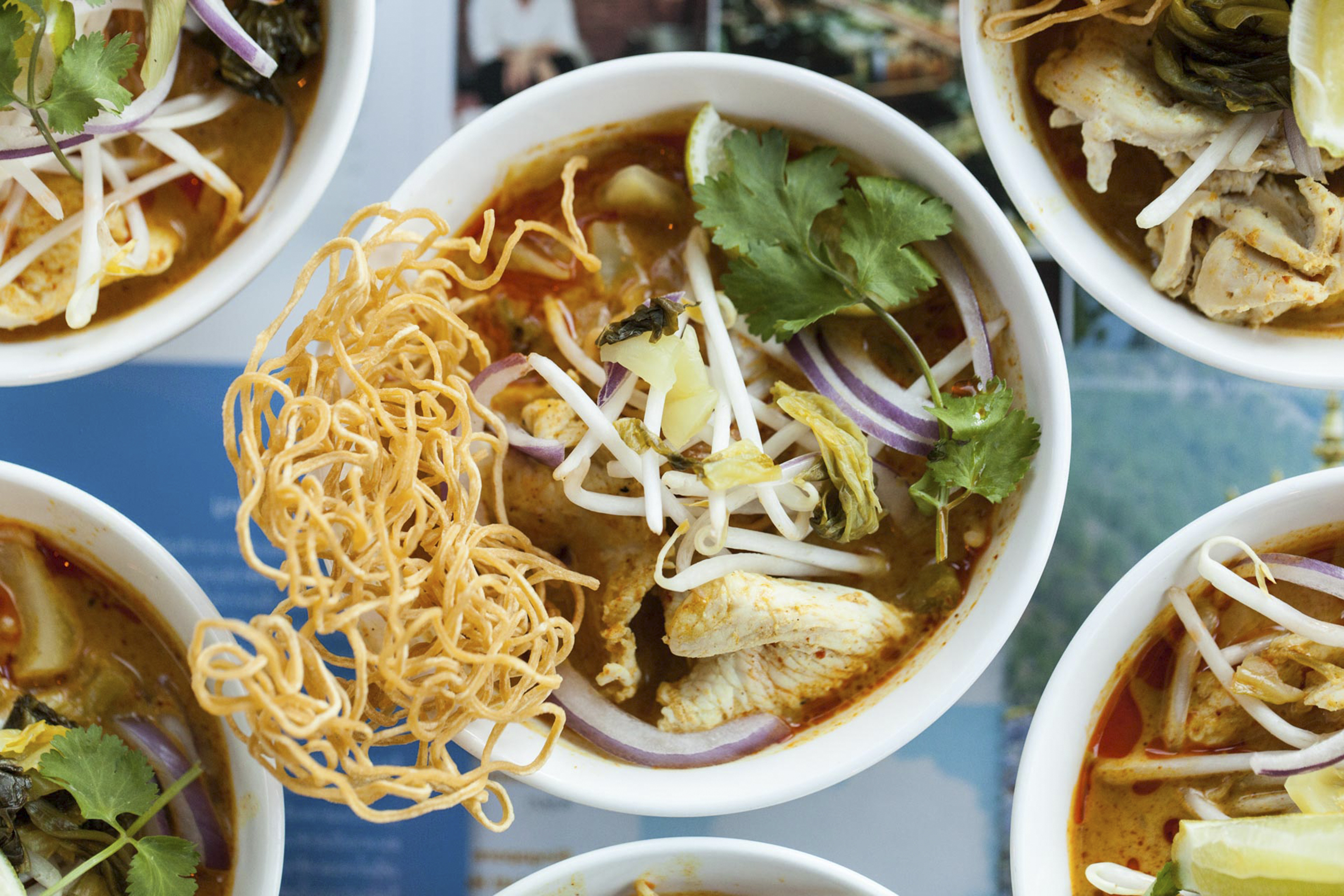It’s doubtful that Carrie Mashaney will have much time to watch herself on Top Chef when the 11th season of the Bravo cooking show debuts October 2. While all eyes will be on her as she competes head-to-head with other talented chefs for the approval of celebrity chefs like David Chang and Emeril Lagasse, Mashaney will be trying to win over a more immediate audience: the diners at Aragona, a new Spanish restaurant she’ll be opening that same day with Jason Stratton, her former co-worker at Spinasse. Her appearance on the hit show, which was recorded in New Orleans this summer, will no doubt create plenty of buzz for the restaurant, though Mashaney swears that the timing wasn’t planned. It also amplifies the pressure.
Aragona is one of Seattle’s most anticipated fall restaurant openings. In a recent poll by Eater calculating which of 10 upcoming restaurants diners were most excited about, Aragona came in second to Brimmer & Heeltap, the gastropub that will occupy the Ballard space that previously housed Le Gourmand. Is the anticipation so high because of the show, or because Aragona is serving Spanish fare, for which Seattle has few stand-out options? Coastal Spanish fare at that.
Mashaney took a break from prepping for the opening to share some thoughts on the restaurant, alligator wrestling, and her emerging fame, though she is largely mum on Top Chef details by order of the show’s contract. “I had to lie to so many people about being on it,” she says. “When it came out that I was going to be on the show, they were like, ‘You’re such a liar, but we still love you!’ ”
Seattle Weekly:
What made you decide to try out for
Top Chef
?
Jason [Stratton] was the one who wanted me to do the whole thing. He’s been egging me on for three years. He’s a huge Top Chef fan. Without him pushing me, I wouldn’t have done it.
Why didn’t he do it himself?
He’s actually tried out a couple of times, but hasn’t been picked. I don’t know why. He’d make for way better TV than me.
What were you most worried about having to cook or do on the show?
I think my biggest worry is: How can you handle the unrealistic high-pressure situations you’re put in? We don’t cook like that in our restaurants. I’d also be really out of my comfort zone if I had to wrestle my own alligator.
What kind of preparation did you do?
I just tried to stay calm in my head and not be too nervous. I did a lot of recipe memorizing. You try to go through different cooking scenarios. What can you cook in 15 minutes or over several days? What are the things that you can knock out of the park?
And what
are
those things you can knock out of the park?
I have a pastry background, so I think I’ll do good there. And of course I cook Italian cuisine [Spinasse]. My husband is from Trinidad, so I know a little about that food. And since Seattle has a strong Asian culture, I feel pretty comfortable with that too.
Who are you most nervous to cook for on the show?
Honestly, I’m most nervous cooking for my family, my sisters—they’ll tell the honest truth no matter what. It’s the personal connection: The people who I’m really close to make me most nervous.
Let’s talk about Aragona. First of all, are you worried that if you fail on the show, it’ll affect people’s opinion of you as a chef here?
Of course I feel some concern about failing on the show (I’m super-competitive), but I don’t think it defines who I am as a cook. The expectations for the show aren’t realistic.
Aragona is taking on quite a bit of new territory—literally. Not only is it endeavoring to do authentic Spanish food, but it’s also opening downtown, not the coolest place for restaurants these days. What’s the thought behind the location?
More restaurants are popping up downtown now, and I sure hope we can contribute to a better restaurant scene there. In New York, I’m driving in a cab and I see a gross convenience store right next to Momofuko, and that’s totally acceptable. In Seattle, people aren’t as comfortable with that yet; it feels odd. But RN74 is kind of in a weird spot, in the midst of Target and all that stuff, and they’re doing really good. I think we can have our cake and eat it too in that regard. And in terms of cuisine, I think Aragona is a great addition to the [culinary] landscape.
What is Aragona doing with its food that is special?
We’re focusing on Catalonia, the old Kingdom of Aragon—the Mediterranean coastal area of the Iberian peninsula. And even reaching out to Italy and Greece. There’s a lot of seafood there, so we’ll be doing a lot of seafood here. But we’ll incorporate our ingredients in traditional dishes. Like paella: Our version might have geoduck in it.
Did your research for the restaurant take you to Spain?
I went with Jason in January; we did a crazy culinary tour. It’s a great experience for us to reference. So now we’re both on the same page . . . we can both remember “that” dish we had there.
Tell us about some of those dishes.
The best meal was at Restaurant Sant Pau in Barcelona, right on the ocean, from chef Carme Ruscalleda. We took a really long train ride there. It was a 13-course lunch; we added a three-course dessert . . . The highlight was a bowl of perfectly cooked peas and thinly sliced jamon. It’s really hard to get perfectly cooked peas! E
nsprinkle@seattleweekly.com







